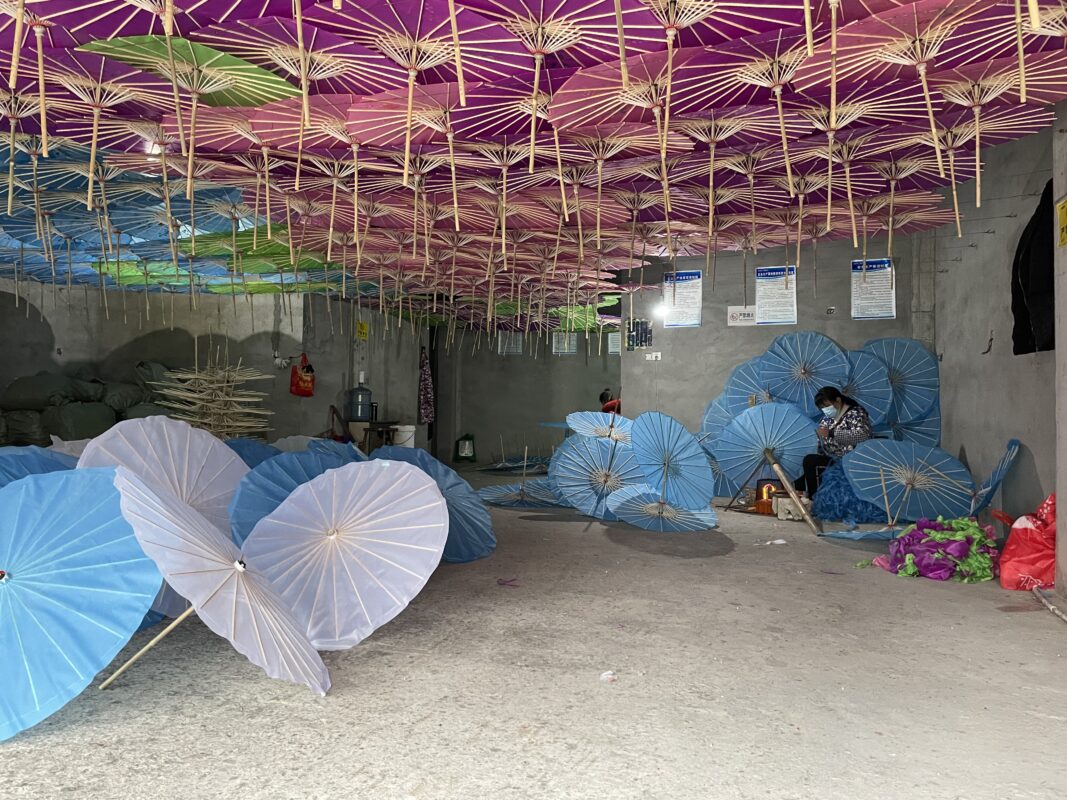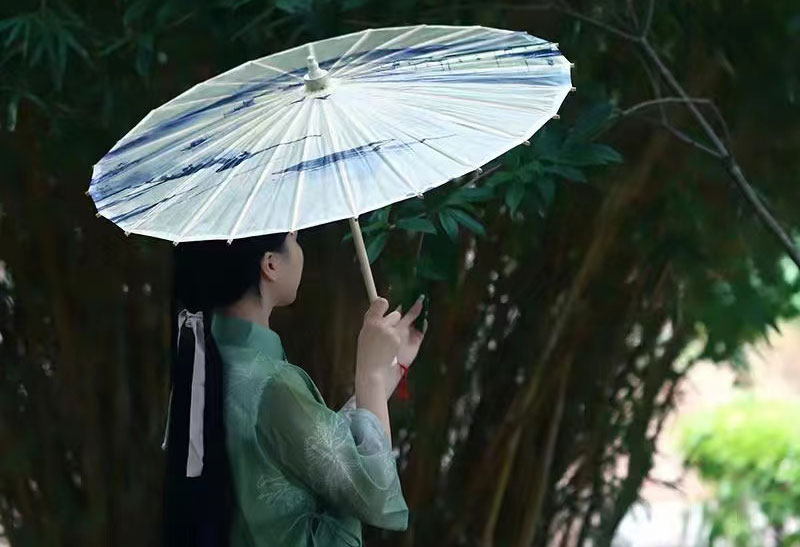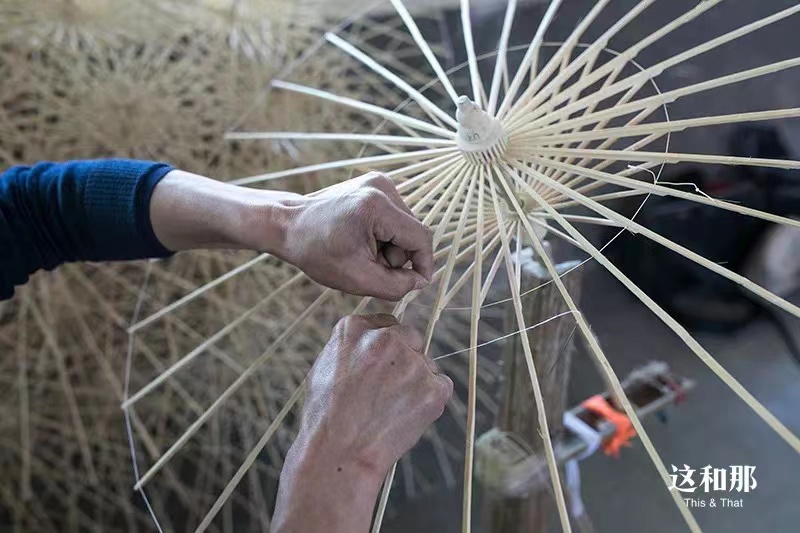Blog
The value of bamboo Chinese paper umbrellas
The value of bamboo Chinese paper umbrellas
Practical value
The main properties that a craft should have are: practical, social and ethical. Utility is the basis for the value of public goods, on top of which widespread popular recognition and moral identity can be formed. Since the 1950s, there have been two unused paths of development in the production of handicrafts in China, one emphasising display and symbolism, not particularly practical, and mainly The other is everyday handicrafts, which are not particularly practical and are mainly of courtly interest. The other was a daily handicraft, which was classified as being outside the arts and crafts and underwent organisational transformation by cooperatives and industrialised technology, becoming a mechanical product. Chinese paper umbrellas belong to the second category.
Technical values
The technical value is not only in the efficiency of the craft and its production, but also in the ethics of the craftsman and the social organisation of the workshop apprenticeship system. In the umbrella-making part, there is the selection of the material, the drilling of the bamboo, the making of the umbrella holder and the umbrella handle, the assembly of the frame and the netting of the umbrella; in the umbrella-making stage, there is the making of plates and printing, the gluing of the umbrella, the drying of the umbrella and the fastening of the umbrella and the oiling of the umbrella. In the process of chiselling, cutting, weaving and painting, the umbrella maker is in constant dialogue with the material, allowing the vision in his mind to take shape and pouring his accumulated experience and wisdom into his handicraft products. The result is a crafted product that is often of high quality and has a sincere moral value.
The art of Chinese paper umbrellas is passed down from master to apprentice, and it generally takes three years to produce an apprentice to the master, point of concern and a hot issue for research. Among the research results available, there are both conceptual and theoretical and empirical studies on the concept of mutual pensions. There is also mutual pension sustainable development aspects of the inquiry. It can be found that the existing research focuses more on theoretical research on mutual care, and there is not enough empirical research in the regions, especially there is no national census research on mutual care; secondly, the empirical research is only a description of the phenomenon, and there is less qualitative and quantitative research. Finally, there is a lack of comparative studies, and there is a lack of research on mutual care in different regions, comparison of the content of mutual care services for the elderly in different regions, and research on mutual care between different disciplines of research.



